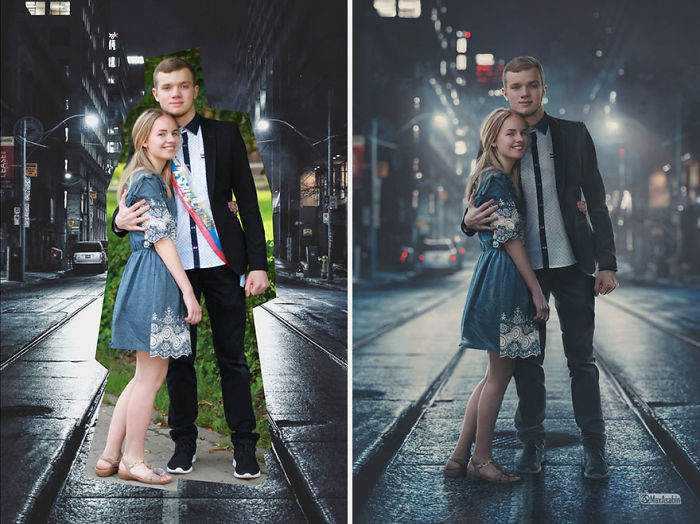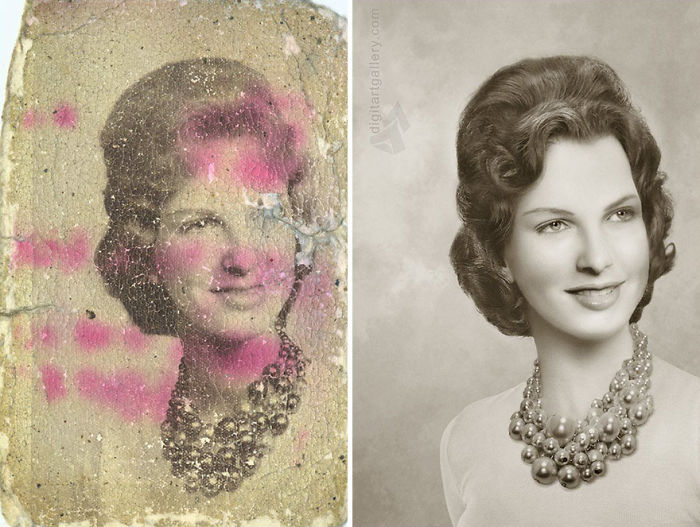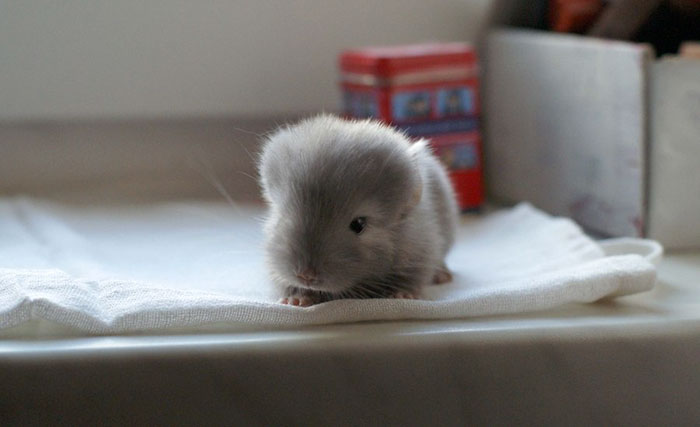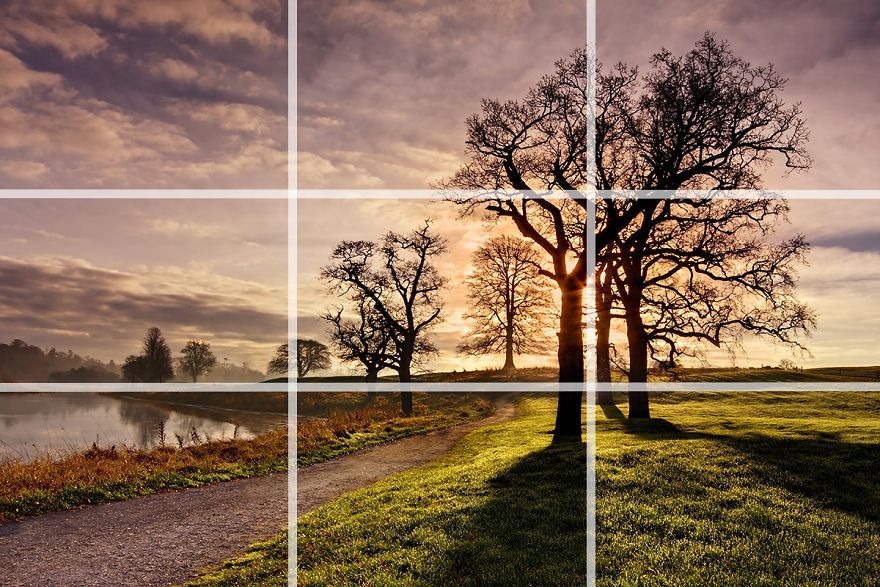
How to win at photography competitions Having served as a judge on panels for quite a few of them, Senior DPReview contributor Damien Demolder knows a thing or two about photography competitions.
Here he shares a few things to consider when entering a photo competition, and some tips for standing out from the crowd.
1. Read the brief and stick to it
It might sound obvious but reading the brief and understanding the theme is a part of the process of entering a competition that many photographers neglect – or simply don’t do. If you don’t take the time to appreciate what the organisers want, you reduce your chances of providing it. A skim-read of the brief might tell you that it’s a landscape competition, while a more careful study might reveal that seascapes and panoramics are excluded, or that judges will be looking for images showing the effects of agriculture in the countryside.
If the rules say ‘no logos or watermarks’ don’t add a logo or a watermark. No matter how good it is, the picture it will be rejected. You also need to be conscious of how much manipulation is permitted and the categories that allow or forbid it. These are simple things that can easily disqualify you right from the start.
2. When briefs are specific shoot specifically for them
Some competitions maintain a wide-open brief that encourages more people to enter, while others have a very narrow brief that demands your images show something specific or that they are shot in a particular way. The narrower the brief the greater the likelihood that you will need to shoot something especially for the competition rather than pulling an existing image from your archive. When you create new work for a very narrow brief the judges will note the efforts you have made to produce the images they have asked for.
3. Understand the copyright terms
If you decide you want to enter a competition and that you can meet the brief take a few more minutes to understand what the organiser wants to do with your pictures. Most will require permission so they can use winning images to promote the competition when the winners are announced and to publicise next year’s competition too. Others will want to make an exhibition or a book and will obviously want to use winner and runner-up pictures for that. Most photographers will be happy to accept those terms.
Some organisers though want more, such as usage rights for a much longer period, rights for usage not connected with the competition, commercial reproduction rights and rights to pass on images on to third parties.
Remember, there are no competitions you have to enter, so if you don’t like the terms and conditions don’t send your pictures. If the terms seem a bit harsh it is sometimes worth contacting the organiser as, believe it or not, some are not fully aware of what those terms demand. When made aware some will change them.
4. Act in time
If the deadline for entering is Wednesday 11pm most photographers will wait until Wednesday evening to submit their work. If it is a well-publicised contest is likely that from 7pm on Tuesday the competition server will be busy and will be slower to respond than usual. From Wednesday lunchtime it will be very busy and it will take you three times as long to get your entries submitted as it should, but by Wednesday evening you might find the server has crashed and you miss the deadline. Submit your pictures in plenty of time to avoid headaches and missed deadlines. Okay, so an under-powered server is their fault, but it will be you that misses out.
5. If you can enter five images do so
Some competitions allow photographers to enter multiple images, so take advantage of that. If you can enter five pictures do so – in theory it will increase your chances of getting somewhere, though not necessarily by five times. If you are shooting specifically for the brief it might drive your imagination to produce more and more interesting work, and if you are pulling from existing images it will give you the chance to submit something a bit left-of-centre.
6. Try something different
Take a few moments to spare a thought for the poor judges. They will be looking at piles of pictures that look the same taken by people who have opted for the obvious interpretation of the themes. That’s pretty boring, so brighten their day by showing them something new, refreshing and exciting. It is worth mulling over what you think most other entrants will submit so that you can avoid the standard responses and concentrate of producing something original. Original stands out and you will be rewarded with more attention than others who don’t make that sort of effort.
7. Be visually stimulating
Finding the right subject matter is only half the battle when meeting the theme of a photography contest. Remember, it is a contest about photography, so use and show your skills. Think about what you want to say with your pictures and the techniques and settings you will need to use to get your message across. It isn’t just what winners photograph that makes them winners, but how they photograph what they photograph. Use your skills to add something to the subject.
8. Don’t let photography get in the way
It is great to employ magical photographic techniques to achieve something special, or to make your pictures stand out from the crowd, but be careful to find a balance between the technique and the message. We’ve all seen HDR images, for example, where the visual impact of the technique completely over-powers the subject matter to the extent that the technique becomes the subject. The same can happen with coloration, extreme shallow depth of field and exposure, among others.
9. Be human
The best pictures are those that make a connection with the viewer. They share an experience that we can relate to, whether that’s wonder, sadness, joy, fear or surprise. To share such experiences we need to have them in the first place, so practice being connected to the world and being conscious of how you and others feel. But that doesn’t mean you have to take yourself too seriously – humour is also a fabulous way of getting the judges on your side.
All photos by Damien Demolder
. dpreview.com2017-3-5 14:00







